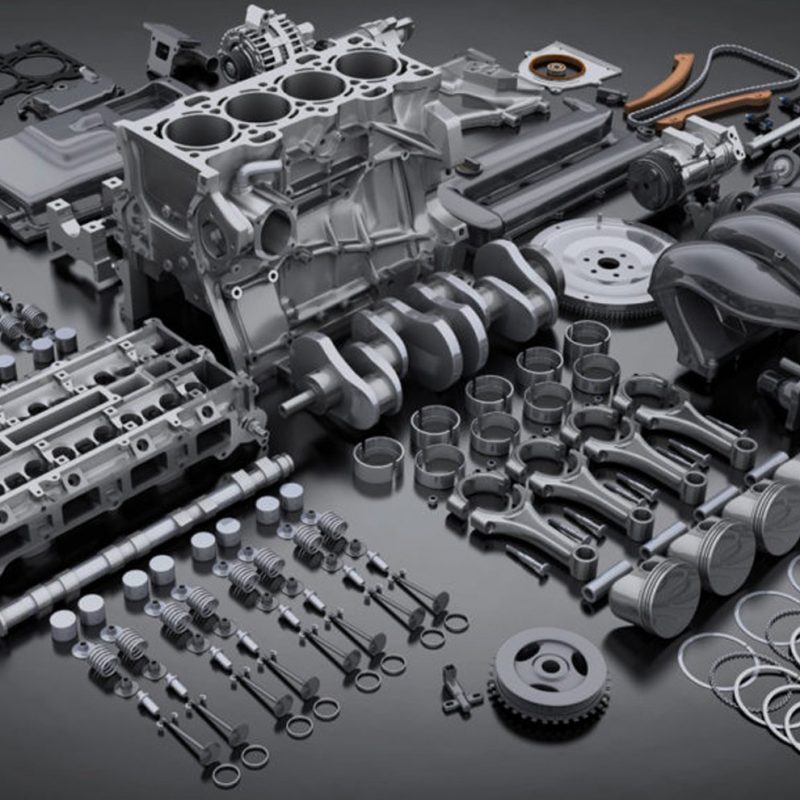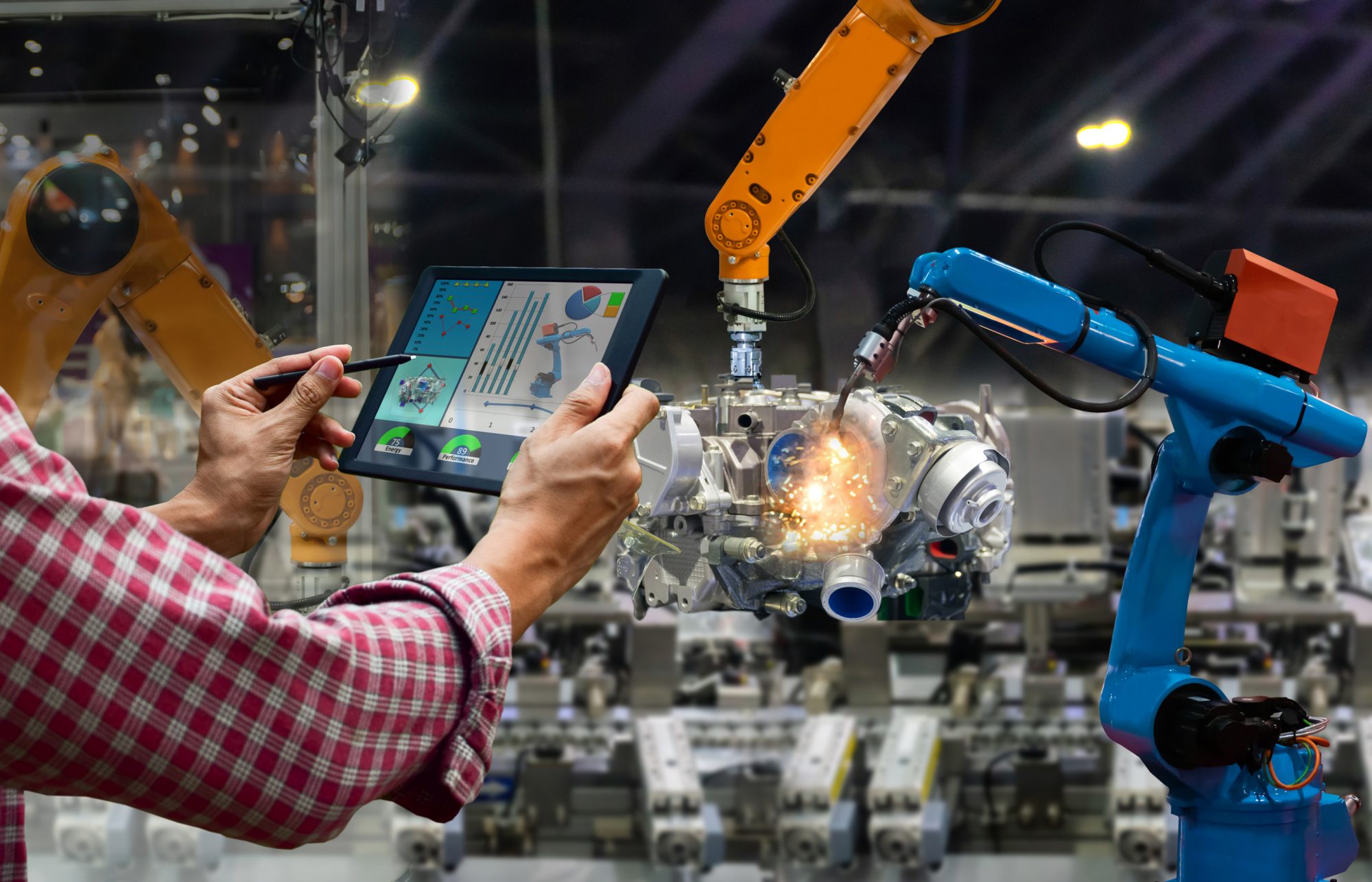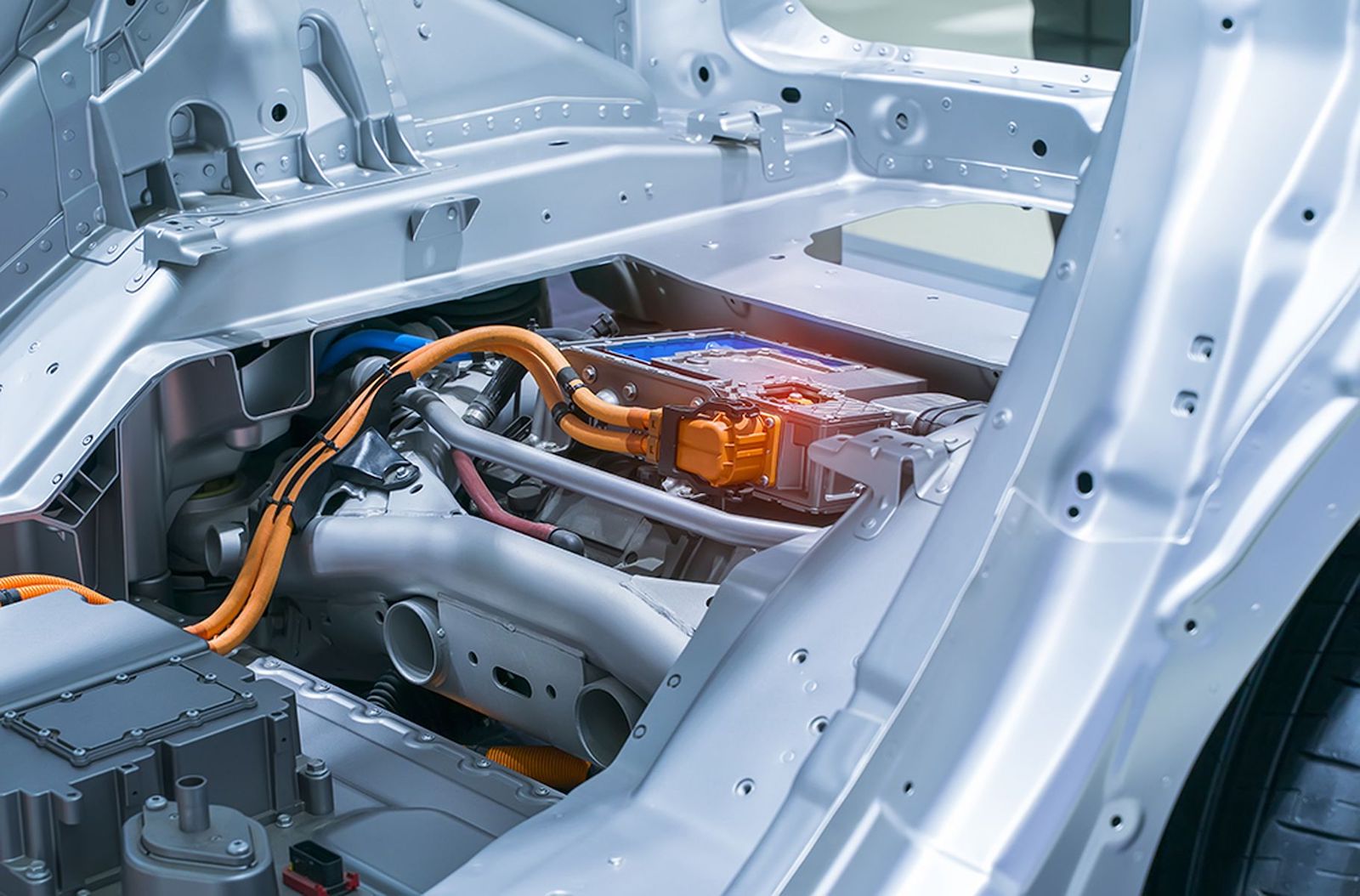The Future of Electric and Autonomous Vehicles
The Future of Electric and Autonomous Vehicles
The world of transportation is rapidly evolving, with electric and autonomous vehicles at the forefront of this change. Electric vehicles (EVs) are powered by electricity rather than gasoline, and have been gaining popularity in recent years due to their potential to reduce emissions and lower fuel costs. Autonomous vehicles, also known as self-driving cars, use advanced technology such as sensors, cameras, and artificial intelligence to navigate and make decisions without human input.
Currently, there are a growing number of electric vehicle models available on the market, with major automakers such as Tesla, Chevrolet, and Nissan leading the way. In terms of autonomous vehicles, while they’re not yet commercially available yet, many companies such as Waymo, Uber, and Tesla are actively developing and testing self-driving technology.
As the technology continues to improve, electric and autonomous vehicles are expected to play an increasingly important role in the transportation industry. In this blog post, we will explore the current state of electric and autonomous vehicles, recent advancements in technology, and predictions for the future of these innovative vehicles.
Advancements in Electric Vehicle Technology
Recent developments in battery technology have been a major driver of advancements in electric vehicle technology. One of the biggest challenges facing EV manufacturers has been creating batteries that can store enough energy to power a vehicle for a sufficient distance, while also being affordable and safe. In recent years, there have been major breakthroughs in battery technology that have led to significant improvements in the range and cost of electric vehicles. For example, Tesla’s Model S Long Range Plus can now travel up to 402 miles on a single charge, while the price of EV batteries has dropped by more than 80% since 2010.
Currently, there are a wide variety of electric vehicle models available on the market, ranging from compact city cars to luxury SUVs. Tesla’s Model 3 and Model Y are popular choices among consumers, while Chevrolet’s Bolt and Nissan’s LEAF are also gaining in popularity. In addition, many other major automakers such as Ford, BMW, and Volkswagen have also introduced their own electric vehicle models.
Looking ahead, predictions for future improvements in electric vehicle technology include even further advances in battery technology, leading to even longer ranges and lower costs. Additionally, there are also predictions that more charging stations will be built, making it even more convenient for EV owners to charge their vehicles on the go. Furthermore, it’s expected that the EV market will continue to grow, with more and more automakers introducing new EV models, and governments around the world are also likely to implement policies to encourage the adoption of electric vehicles.
Advancements in Autonomous Vehicle Technology
Autonomous vehicle technology, also known as self-driving cars, uses a combination of sensors, cameras, and artificial intelligence to navigate and make decisions without human input. Currently, there are several different levels of autonomy available in cars on the market, from advanced driver-assist systems that can assist with steering and braking to fully autonomous vehicles that do not require any human input.
Many companies and organizations are actively working on autonomous vehicle technology, including major automakers such as Tesla, General Motors, and Ford, as well as tech giants like Google and Apple. One of the biggest players in the autonomous vehicle space is Waymo, a subsidiary of Alphabet (Google’s parent company), which has been testing its self-driving technology on public roads for over a decade. Other companies like Uber, Cruise, and Aptiv are also actively developing autonomous vehicle technology.
Looking to the future, predictions for advancements in autonomous vehicle technology include an increase in the number of fully autonomous vehicles on the road, as well as improved capabilities for semi-autonomous systems. Additionally, it is expected that the technology will continue to improve, allowing for more accurate decision-making and greater safety. Furthermore, it’s possible that the use of autonomous vehicles will expand beyond just personal transportation, to include other applications such as delivery, public transportation, and even construction.
The Impact of Electric and Autonomous Vehicles on Society
The widespread adoption of electric and autonomous vehicles has the potential to bring significant benefits to society, including reduced emissions and increased safety. Electric vehicles produce zero emissions at the tailpipe, and therefore can significantly reduce air pollution and greenhouse gas emissions. Autonomous vehicles, with their advanced technology and ability to communicate with other vehicles, have the potential to reduce the number of accidents caused by human error, which is the leading cause of traffic accidents.
However, there are also potential challenges that will need to be addressed as electric and autonomous vehicles become more prevalent. One of the main concerns is job loss, as the widespread adoption of autonomous vehicles could lead to the displacement of jobs for drivers and other transportation-related professions. Additionally, there may also be a need for significant changes to infrastructure, such as the building of charging stations and the upgrading of roads to accommodate autonomous vehicles.
Looking to the future, it is likely that the impact of electric and autonomous vehicles on society will be significant. As the technology continues to improve and costs decrease, it is expected that the number of electric and autonomous vehicles on the road will increase. This could lead to reduced emissions, increased safety, and a more efficient transportation system. At the same time, it will be important to address the potential challenges and ensure that the transition to electric and autonomous vehicles is done in a way that is fair and equitable for all members of society.
Conclusion
In this article, we’ve explored the current state of electric and autonomous vehicles, recent advancements in technology, and predictions for the future of these innovative vehicles. We’ve discussed the recent developments in battery technology that have led to significant improvements in the range and cost of electric vehicles. We’ve also looked at the current state of autonomous vehicle technology, and the companies and organizations working on it. Additionally, we’ve examined the potential benefits and challenges of electric and autonomous vehicles on society, and predictions on how they will affect society in the future.
It’s clear that electric and autonomous vehicles have the potential to bring significant benefits to society, including reduced emissions and increased safety. However, it will be important to address the potential challenges, such as job loss and infrastructure changes, as the technology becomes more prevalent. As the technology continues to improve and costs decrease, it is expected that the number of electric and autonomous vehicles on the road will increase. The future of transportation is rapidly evolving, and it will be exciting to see how electric and autonomous vehicles shape the way we move in the years to come.








